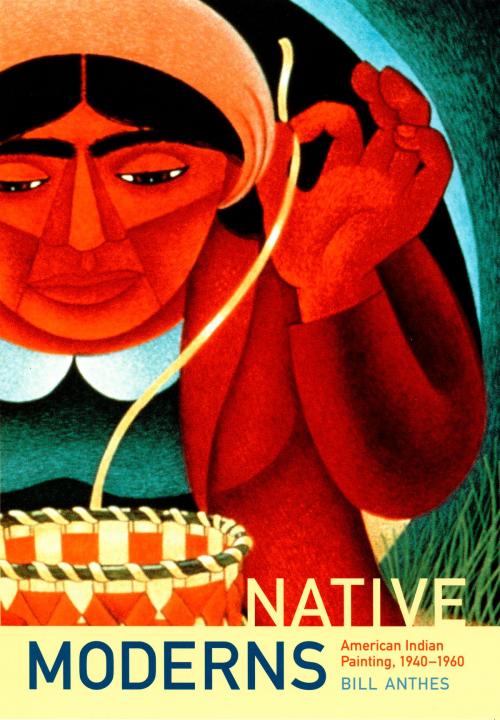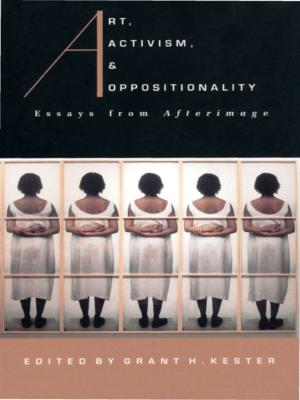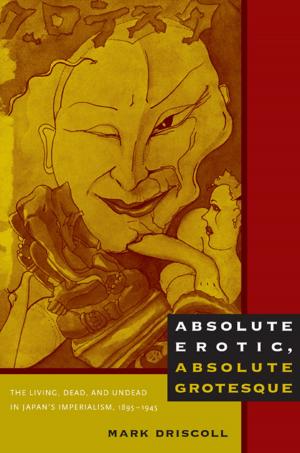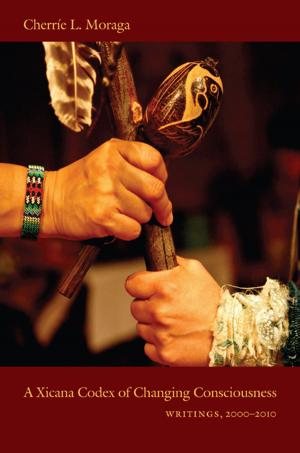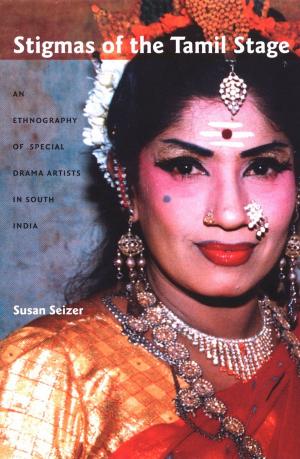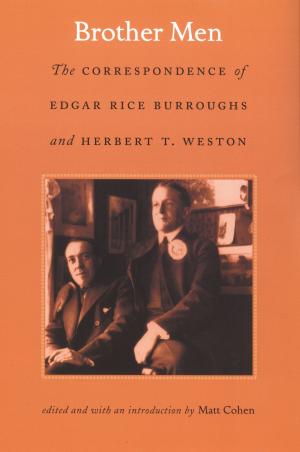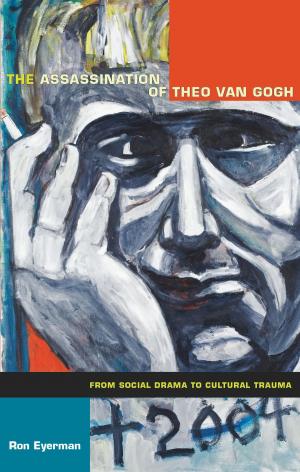Native Moderns
American Indian Painting, 1940–1960
Nonfiction, Art & Architecture, General Art, Art History, American| Author: | Bill Anthes, Nicholas Thomas | ISBN: | 9780822388104 |
| Publisher: | Duke University Press | Publication: | November 3, 2006 |
| Imprint: | Duke University Press Books | Language: | English |
| Author: | Bill Anthes, Nicholas Thomas |
| ISBN: | 9780822388104 |
| Publisher: | Duke University Press |
| Publication: | November 3, 2006 |
| Imprint: | Duke University Press Books |
| Language: | English |
Between 1940 and 1960, many Native American artists made bold departures from what was considered the traditional style of Indian painting. They drew on European and other non-Native American aesthetic innovations to create hybrid works that complicated notions of identity, authenticity, and tradition. This richly illustrated volume focuses on the work of these pioneering Native artists, including Pueblo painters José Lente and Jimmy Byrnes, Ojibwe painters Patrick DesJarlait and George Morrison, Cheyenne painter Dick West, and Dakota painter Oscar Howe. Bill Anthes argues for recognizing the transformative work of these Native American artists as distinctly modern, and he explains how bringing Native American modernism to the foreground rewrites the broader canon of American modernism.
In the mid-twentieth century, Native artists began to produce work that reflected the accelerating integration of Indian communities into the national mainstream as well as, in many instances, their own experiences beyond Indian reservations as soldiers or students. During this period, a dynamic exchange among Native and non-Native collectors, artists, and writers emerged. Anthes describes the roles of several anthropologists in promoting modern Native art, the treatment of Native American “Primitivism” in the writing of the Jewish American critic and painter Barnett Newman, and the painter Yeffe Kimball’s brazen appropriation of a Native identity. While much attention has been paid to the inspiration Native American culture provided to non-Native modern artists, Anthes reveals a mutual cross-cultural exchange that enriched and transformed the art of both Natives and non-Natives.
Between 1940 and 1960, many Native American artists made bold departures from what was considered the traditional style of Indian painting. They drew on European and other non-Native American aesthetic innovations to create hybrid works that complicated notions of identity, authenticity, and tradition. This richly illustrated volume focuses on the work of these pioneering Native artists, including Pueblo painters José Lente and Jimmy Byrnes, Ojibwe painters Patrick DesJarlait and George Morrison, Cheyenne painter Dick West, and Dakota painter Oscar Howe. Bill Anthes argues for recognizing the transformative work of these Native American artists as distinctly modern, and he explains how bringing Native American modernism to the foreground rewrites the broader canon of American modernism.
In the mid-twentieth century, Native artists began to produce work that reflected the accelerating integration of Indian communities into the national mainstream as well as, in many instances, their own experiences beyond Indian reservations as soldiers or students. During this period, a dynamic exchange among Native and non-Native collectors, artists, and writers emerged. Anthes describes the roles of several anthropologists in promoting modern Native art, the treatment of Native American “Primitivism” in the writing of the Jewish American critic and painter Barnett Newman, and the painter Yeffe Kimball’s brazen appropriation of a Native identity. While much attention has been paid to the inspiration Native American culture provided to non-Native modern artists, Anthes reveals a mutual cross-cultural exchange that enriched and transformed the art of both Natives and non-Natives.
